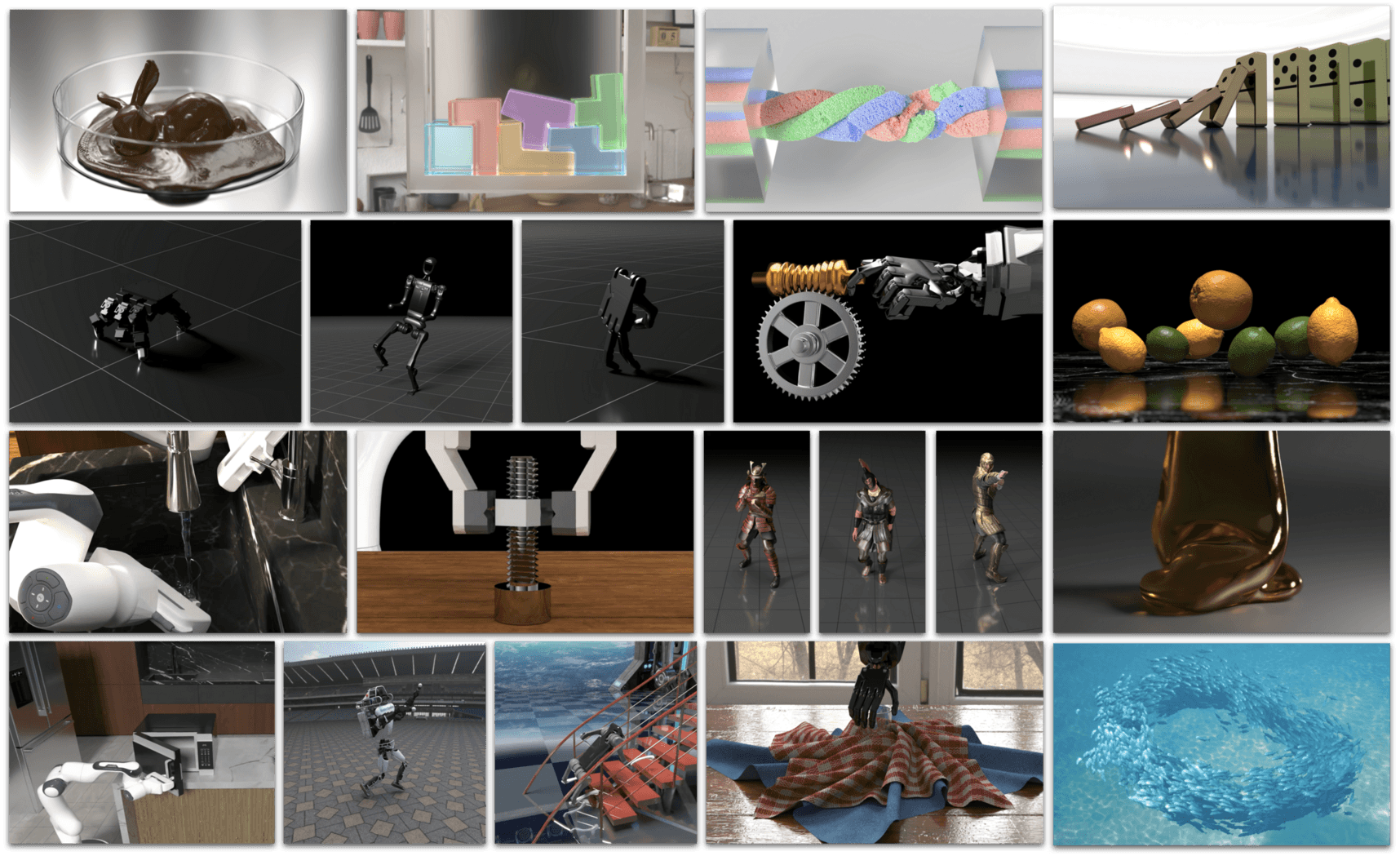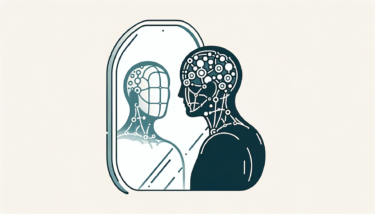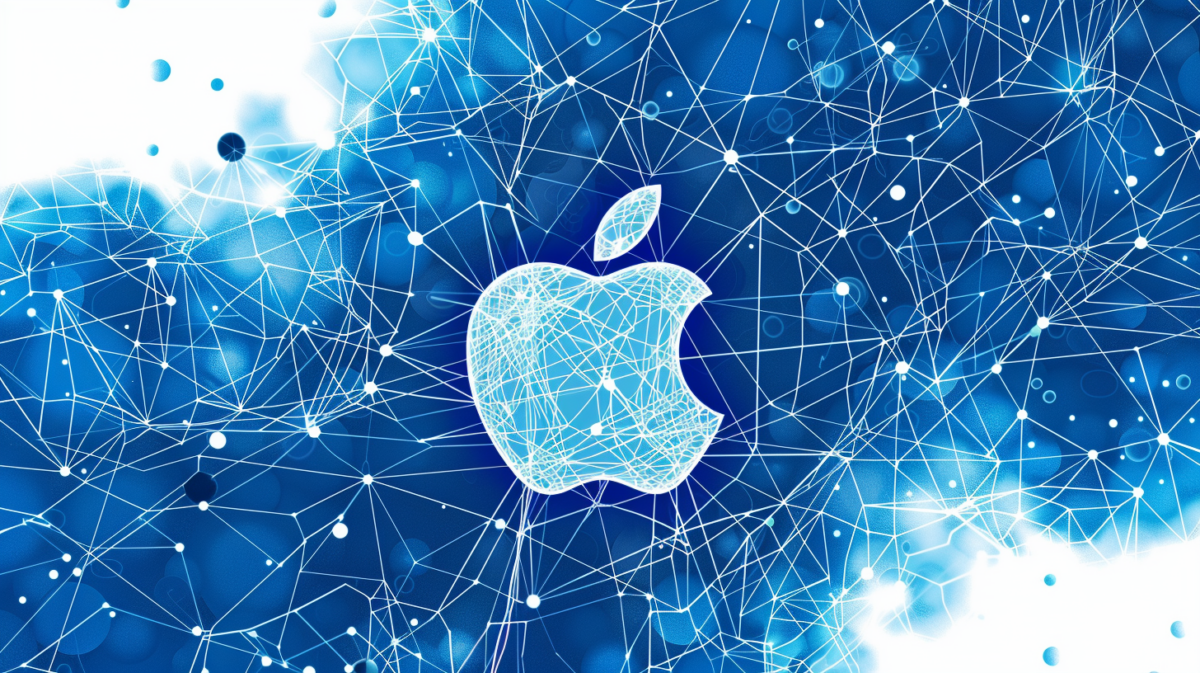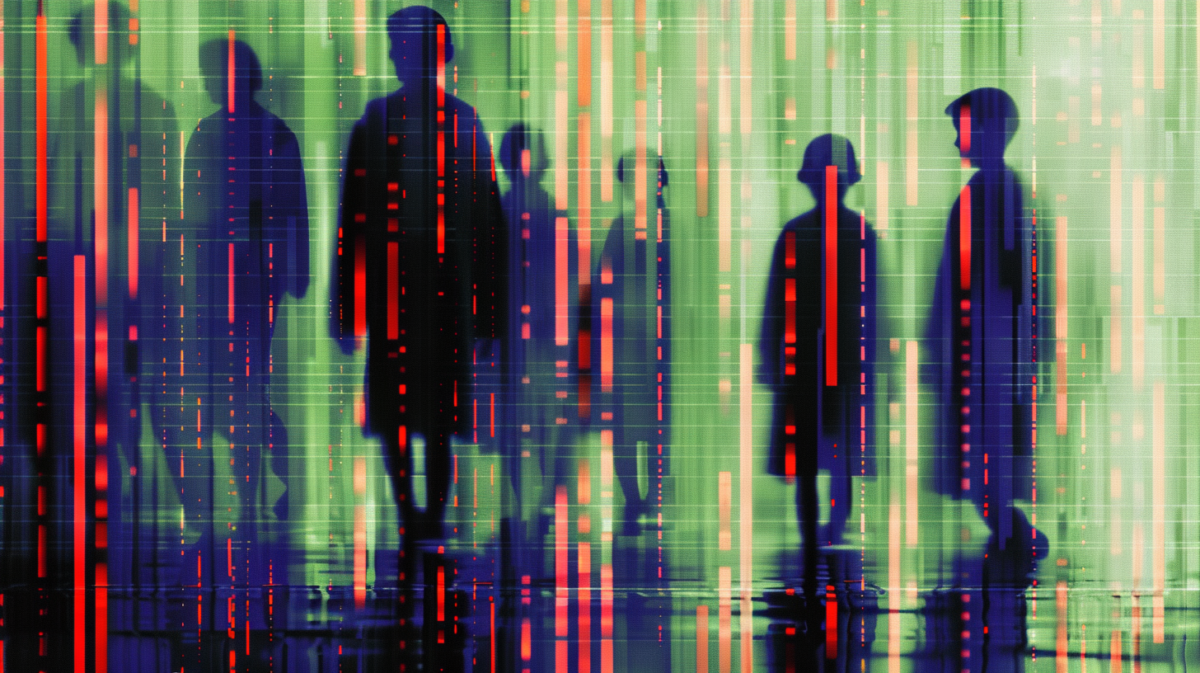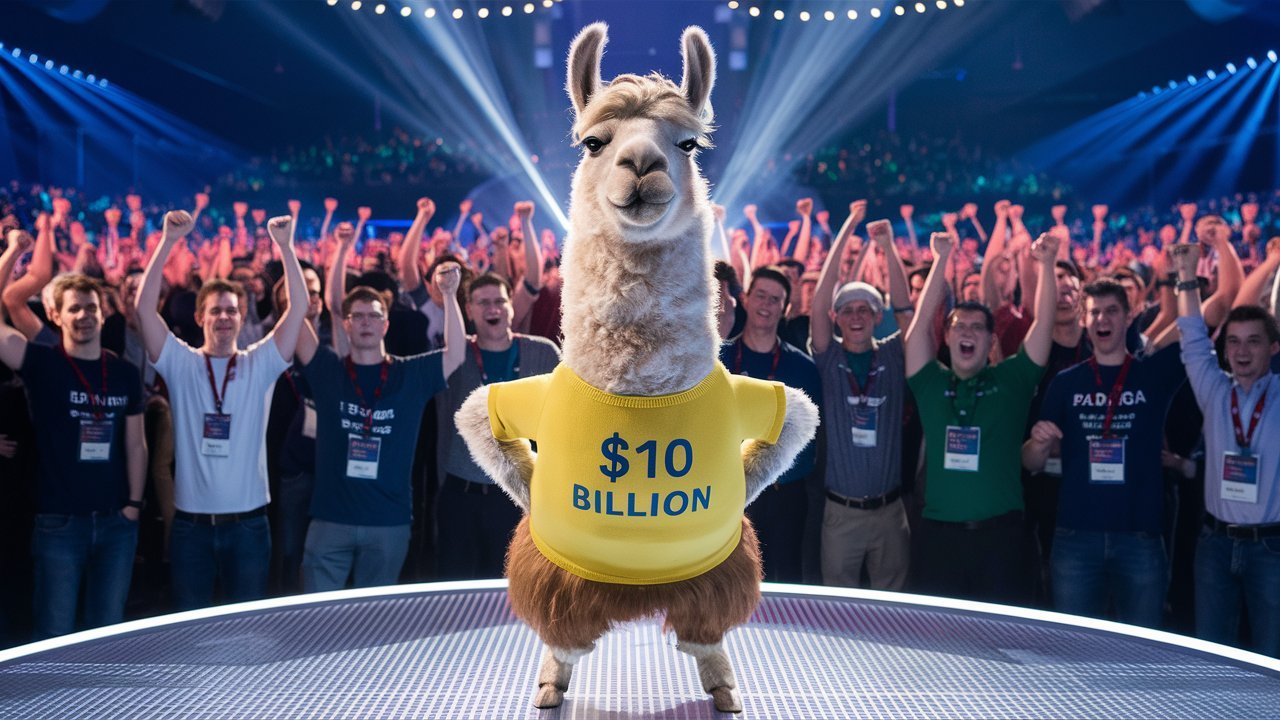“Genesis” speeds up AI robot training with simulations 430,000x faster than reality
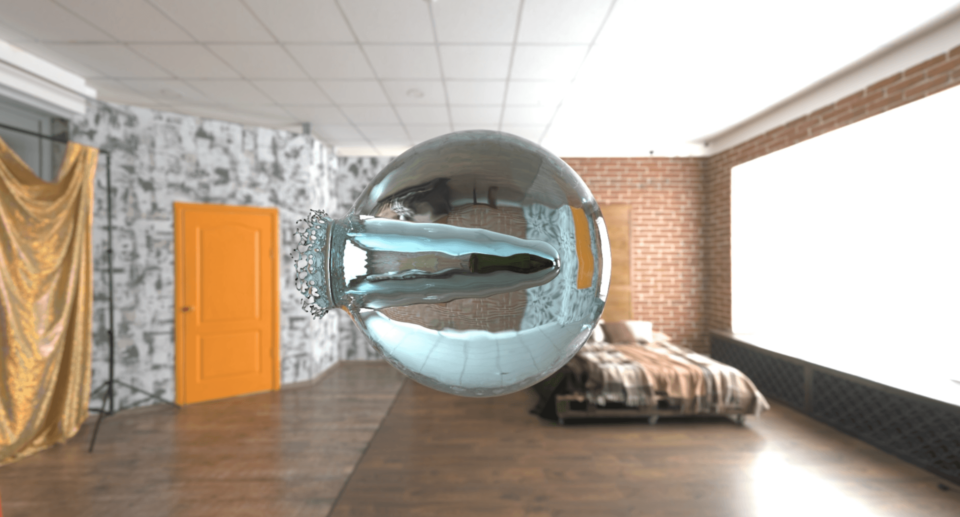
Researchers have unveiled Genesis, a new open-source simulation platform that aims to accelerate how AI systems learn to control robots.
At its core, Genesis combines multiple physics solvers – the same kind of algorithms that power video game physics – into a single, powerful framework designed specifically for training AI that will eventually operate real-world robots.
The platform’s speed is its most impressive feature. Using GPU-accelerated parallel processing, Genesis can run simple simulations at up to 43 million frames per second – that’s 430,000 times faster than real time. To put this in perspective, an AI system can gain the equivalent of ten years of training experience in just one hour of computing time.
The team is also working on creating entire virtual worlds from text descriptions alone. Using vision language models (VLM), the system will generate physically accurate environments complete with video footage, camera movements, and interactive 3D spaces where robots can move around naturally.
Ad
Video: Xian et al.
The team has already shown what Genesis can do through several demonstrations. The platform can create realistic character movements, teach AI systems how to handle objects in complex ways, and even model how soft-bodied robots would move and interact in real-world conditions.
Video: Xian et al.
Genesis uses Python for both its interface and physics engine, making high-speed robot simulations available to any researcher with standard hardware. The entire platform is free and open-source, with all code and documentation available on GitHub.
“Simply another point in the vast space of possible realities”
While some are skeptical about Genesis’s ambitious claims, Nvidia researcher Jim Fan, who contributed “a small part” to the project, sees significant potential. “If an AI can control 1,000 robots to perform 1 million skills in 1 billion different simulations, then it may ‘just work’ in our real world, which is simply another point in the vast space of possible realities. This is the fundamental principle behind why simulation works so effectively for robotics,” Fan explains.
Recommendation
Fan highlights Genesis’s strengths in processing huge amounts of data at once and creating realistic graphics, though he admits that simulations requiring dexterity and lots of physical contact remain challenging. Even with these challenges ahead, he sees Genesis as potentially becoming the “virtual cradle for embodied AI.”





